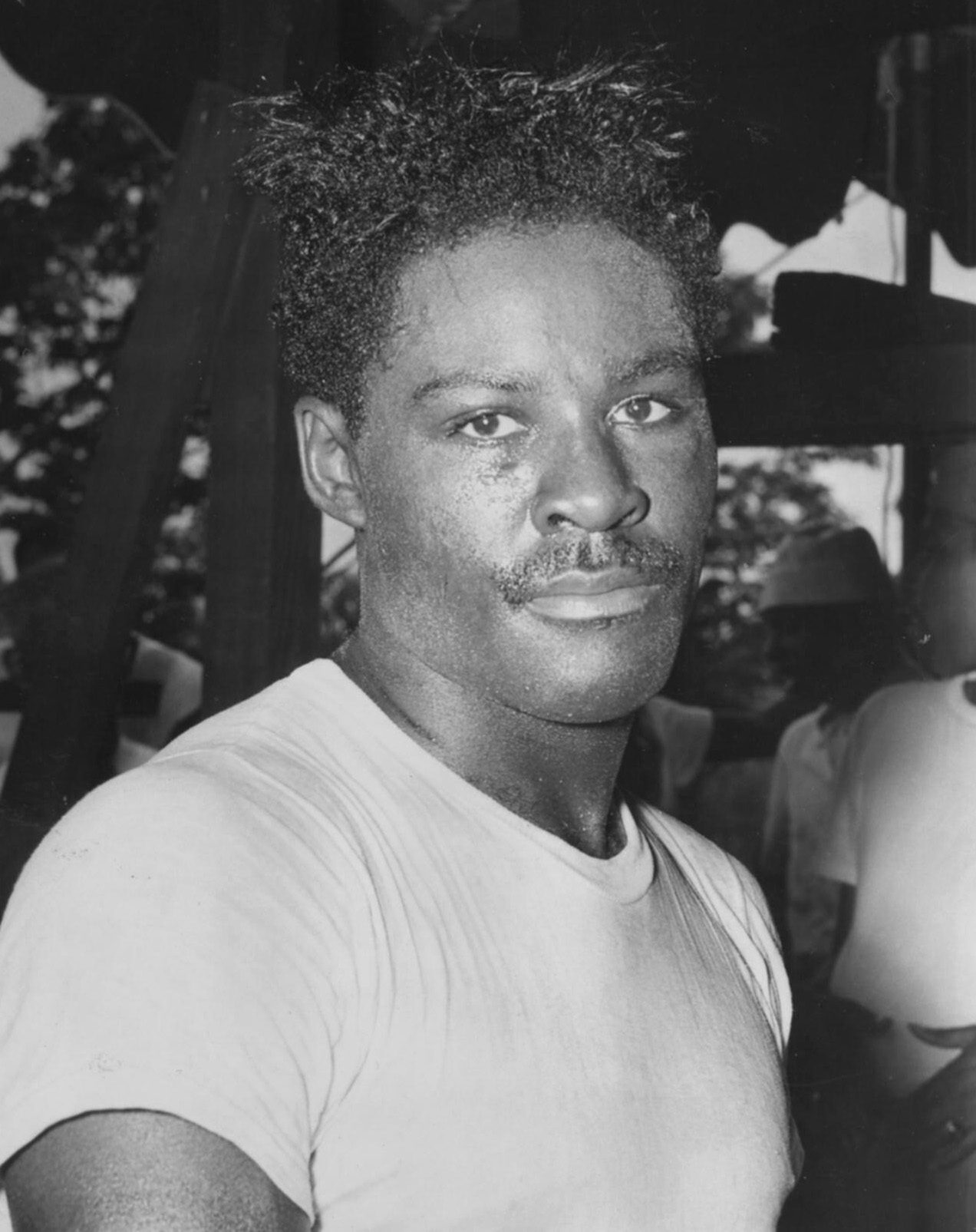I've read quite a few cringeworthy lists in recent years. Many of them from supposed credible historians of the sport. In order to get myself posting on this forum I thought I'd throw up my personal list of the greatest Light Heavyweights to have ever graced the historical sport of Boxing. I'm usually the sort of person who goes into detail with this sort of thing but for now I'm going to just throw up my top 10 list and perhaps go into to detail about my selections if called out on any of the specific choices.
10. Maxie Rosenbloom
9. Billy Conn
8. Jimmy Bivins
7. Harold Johnson
6. Gene Tunney
5. Tommy Loughran
4. Michael Spinks
3. Bob Foster
2. Archie Moore
1. Ezzard Charles
If anybody has any queries with regards to my list then feel free to question me and I'll gladly explain my choice(s).
10. Maxie Rosenbloom
9. Billy Conn
8. Jimmy Bivins
7. Harold Johnson
6. Gene Tunney
5. Tommy Loughran
4. Michael Spinks
3. Bob Foster
2. Archie Moore
1. Ezzard Charles
If anybody has any queries with regards to my list then feel free to question me and I'll gladly explain my choice(s).





Comment